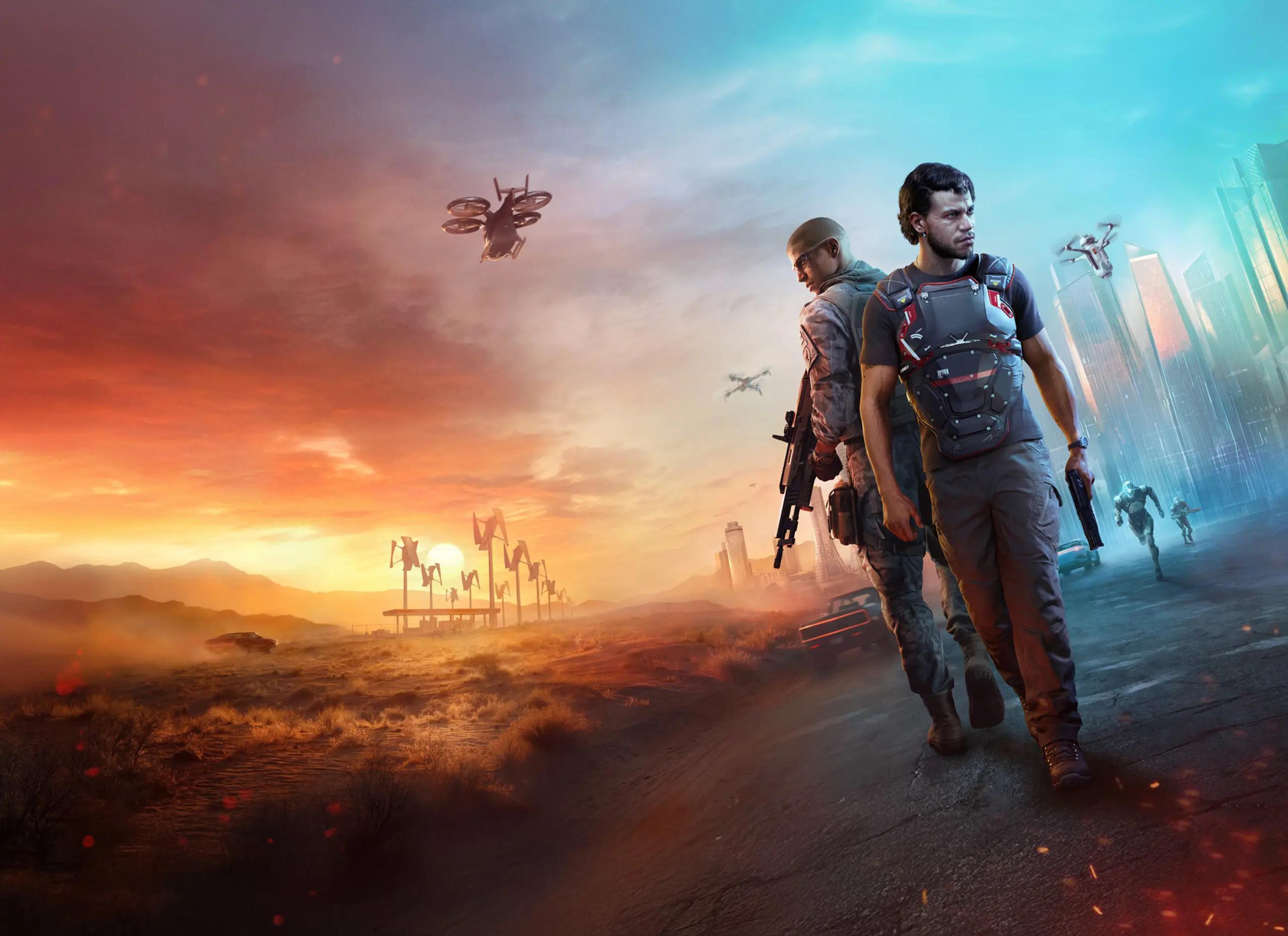Alex Hernandez: Surviving Troubled Game Launches in MindsEye & Mafia III
Last Updated: October 22, 2025

For an actor, lightning striking twice is usually a sign of success. But for Alex Hernandez, it’s the flash of a recurring nightmare. Following the critically divisive launch of the sci-fi thriller MindsEye, the voice and performance capture actor for protagonist Jacob Diaz has shared a candid and heartbreaking fear: that the game’s rocky reception could torpedo his career. It’s a fear made all the more potent by a crushing sense of déjà vu, as this is the second time Hernandez has delivered a powerhouse performance in a highly-anticipated title that ultimately stumbled at launch, the first being his iconic role as Lincoln Clay in Mafia III.
Imagine dedicating years of your life to embodying a character, only to see the project met with a storm of criticism for issues far beyond your control. This is the precarious reality Hernandez now faces. In a recent interview, he admitted he "feared he may never work again" after MindsEye's release, a sentiment that echoes the uncertainty that followed Mafia III. The fallout from a divisive launch isn't just measured in Metacritic scores or sales figures; it reverberates through the lives of the creators. For Hernandez, whose performances in both games have been widely praised, the association with troubled projects creates a unique and deeply unfair vulnerability.
The Weight of Player Opinion
One of the most telling aspects of Hernandez's reflection is his mature acknowledgment that "players are entitled to their opinion." This isn’t a platitude; it’s the hard-earned perspective of an artist who has weathered this storm before. In an era of instant, global, and often brutal feedback, actors stand on the front lines. While fans are right to voice disappointment over bugs or flawed game design, Hernandez’s words are a stark reminder that a real person, who poured their soul into their craft, is on the receiving end of that feedback. His performance is his resume, and when the project it's attached to is deemed a failure, the fear of being blacklisted is very real.
The Mafia III Precedent
This isn’t speculation; we have a clear precedent. His portrayal of Lincoln Clay in Mafia III is widely considered one of the most compelling and nuanced performances in gaming history. He brought a simmering rage, profound loss, and unwavering determination to the Vietnam vet turned mob boss. Yet, the game itself was heavily criticized for its repetitive mission structure, which many felt squandered its brilliant narrative and setting. The consensus was clear: a masterful performance trapped in a flawed game. For Hernandez, seeing history repeat itself with MindsEye—where again his portrayal of Jacob Diaz is being singled out as a highlight in a technically troubled product—must be immensely frustrating.
The Unique Challenges of Gaming
The actor’s plight highlights a crucial challenge unique to the gaming industry. In film, an actor’s great performance can often be celebrated even if the movie bombs. In gaming, the actor's voice and motion capture are the player’s constant companion, the very vessel through which they experience the world. This deep connection makes it harder for the public to separate the performance from the product’s overall quality. Hernandez recorded his lines and movements long before the final code was compiled, yet he has become one of the public faces of its launch-day stumbles.
A Call for Nuance
Hernandez’s candidness serves as a powerful call for more nuance in our conversations about games. It’s not about giving developers a pass for releasing unfinished products. It’s about our ability as a community to critique a game’s mechanical or technical shortcomings while still recognizing and celebrating the incredible artistic achievements within it. We can be disappointed in a gameplay loop while celebrating the actor who made us believe in the character at its center.
Resilience in the Face of Adversity
Ultimately, Alex Hernandez’s story is one of profound resilience. To deliver one of the decade's best performances in Mafia III only to face a wave of criticism, and then to do it all over again with MindsEye, is a testament to his dedication and talent. His willingness to speak openly about the personal and professional cost is a brave act that peels back the curtain on the human element of game development. It’s a crucial reminder that behind every digital hero are artists navigating a volatile industry, hoping their work shines, even when the world around it is flawed.